
4 types of food with no expiration date
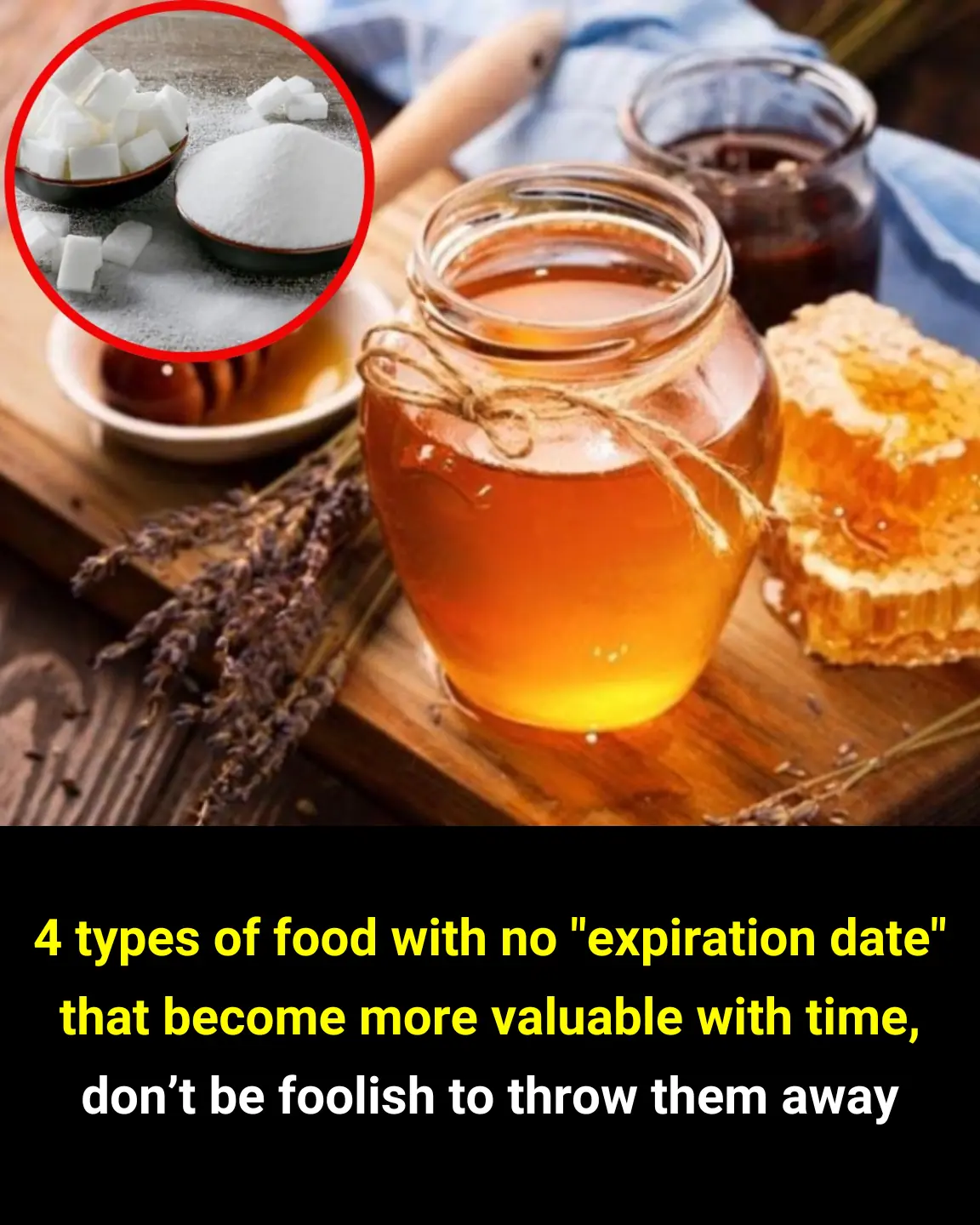
Food will perform its best when consumed within the designated period. This makes us wonder how much to buy and how long we can consume them before they go to waste.
If you're still struggling with this dilemma every day, there are certain foods that don't require much worry about expiration dates. Here are 4 such foods:
1. Honey
Honey is highly nutritious and loved by many people. Some believe that fresh honey tastes better and that it spoils over time, but in fact, honey is a food with "no expiration date" because it naturally has strong antibacterial properties. The longer it is stored, the more aromatic and delicious it becomes.
Honey contains low moisture and natural acids like gluconic acid and hydrogen peroxide, which prevent oxidation in the air. Honey, if stored in a dry and cool place, will not undergo any chemical changes. You don’t need to store it in the refrigerator; just keep it in a cool, dry place away from direct sunlight.
2. Aged Vinegar
Vinegar has an incredibly long shelf life due to its acidity. It has the ability to preserve itself without refrigeration. Aged vinegar, with an acidity level above 4.5%, can be preserved for a long time even without added preservatives.
At this acidity level, the pH is too low to allow microorganisms to thrive, preventing bacteria growth. Therefore, vinegar can preserve itself without needing refrigeration. However, you should still store vinegar properly. Keep it in a dark, cool place, and away from heat sources to prevent degradation.
3. Salt
Salt, being a mineral, is not a food ingredient that can spoil. Moreover, it is often used to preserve food from mold and bacteria, which helps it last longer. This happens due to the process of osmosis when salt draws water out of food, creating a dry environment that inhibits mold and bacteria growth.
However, iodized salt should be used within a year because iodine tends to evaporate, reducing its nutritional value, although it can still be used as regular salt.
4. Sugar
Like salt, sugar can last forever if kept away from moisture and heat. Especially when sugar absorbs water and hardens, it still retains its nutritional value, so you can use it for a long time without concern.
Although its texture may change slightly over time, sugar will never completely expire.
What is the typical shelf life of common foods?
1. Eggs
Eggs don’t have a fixed "expiration date." Their shelf life starts from the day the poultry lays them. If stored at temperatures between 4°C to 9°C, they last for 35 days. If kept at 9°C to 15°C, they last for 21 days. At higher temperatures, between 16°C to 25°C, they last for 10 days. Eggs will lose quality over time, so it is best to eat them as soon as possible.
2. Meat
Fresh meats like fish, beef, pork, and poultry should not be kept in the fridge for more than 2 days. If the meat is not frozen, it should be cooked as soon as possible after purchase.
3. Bread and Pastries
Bread and pastries typically last for 7 days in winter, 3-5 days in spring and fall, and only 1-2 days in summer. If not stored properly, they can mold and spoil faster.
4. Cooking Oil
Unopened cooking oil generally has a "shelf life" of 18 months. Once opened, the "shelf life" is shortened accordingly. It is best to consume cooking oil within 3 months of opening.
News in the same category


Don’t Ignore the Signs

Fatty liver disease: The sign in your feet that means the condition is irreversible

Useful tips to prevent the development of can.cerous cells

Swollen legs and edema are symptoms of what disease?

Woman Develops Skin Ulcers After 20 Years of Eating Only Boiled Food
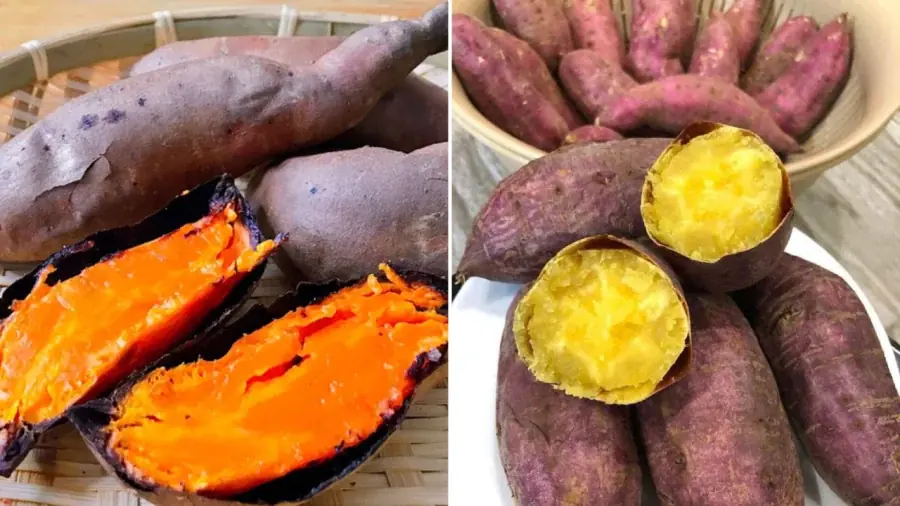
Sweet Potatoes Are Healthy, but These 5 Groups of People Should Avoid Them

Seemingly Harmless Habits That Can Cause Can.cer Alarmingly Fast

Doctor shares ho.rrif.ying images that show what six hours of sleep a night will do to your body
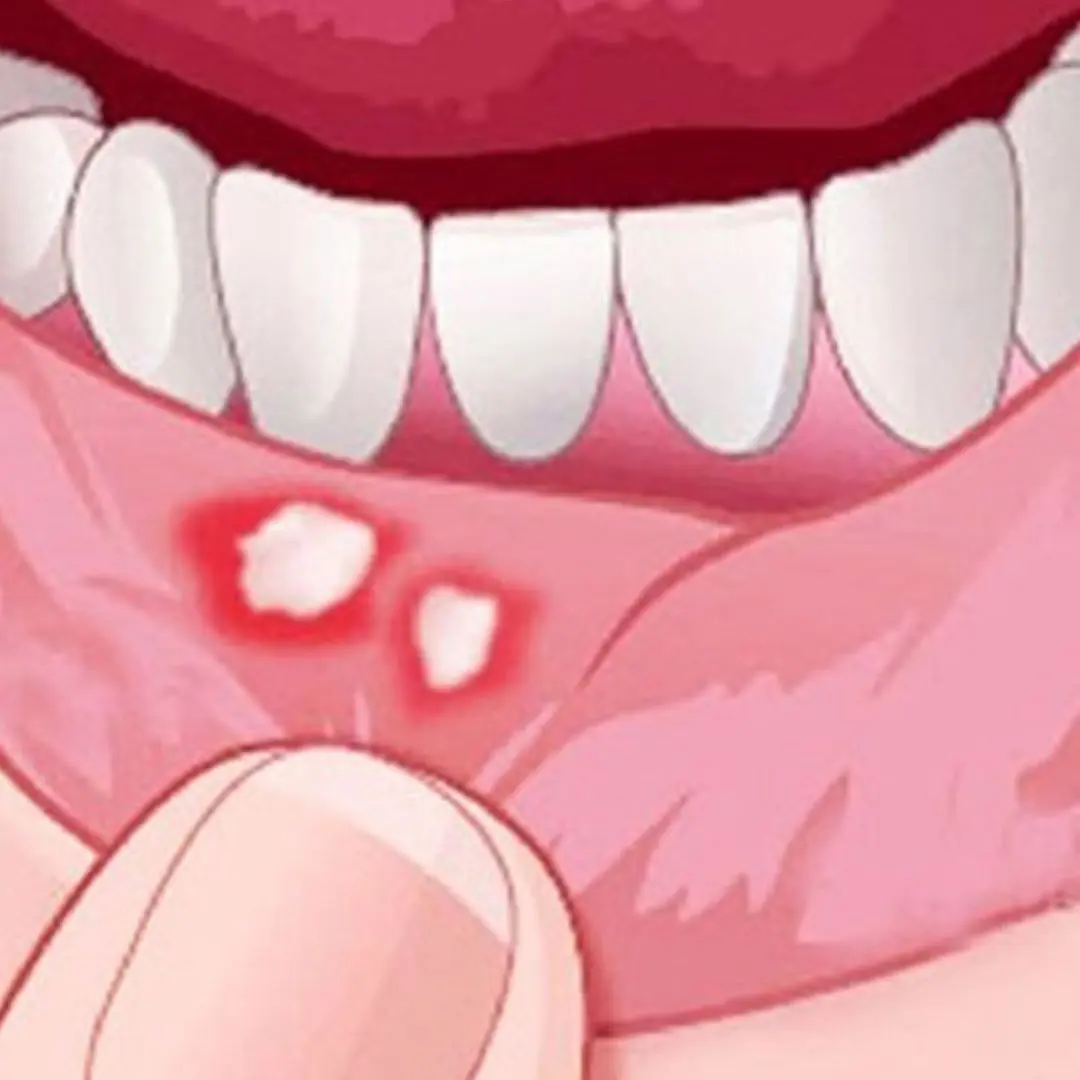
Mouth ulcers keep coming back? Don't ignore the following causes

8 Early Signs of Kid.ney Failure You Shouldn’t Ignore

Teeth Grinding in Your Sleep? Here's How to Fix It from Home
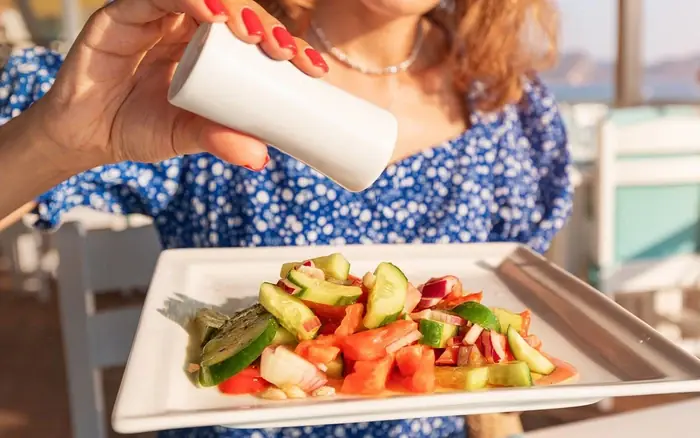
No matter how much you like these 3 spices, eat less of them: 1 type is harmful to the kidneys and bones, 1 type is harmful to the liver and causes can:cer, 1 type causes fatty liver.

25-year-old girl's face is paralyzed after 3 days of maintaining a nighttime habit of many people

If you wake up in the morning and feel these 4 things, then SORRY! Kidney disease is growing in your body every day

Drinking orange juice every day to 'increase resistance', woman unexpectedly suffers serious consequences

Doctor reveals the "seed" that causes can:cer, advises doing 1 thing to eliminate 90% of the risk

Esophagus "cut off" because of bad habits! Many people like to do this

4 skin changes that warn of liver disease
News Post
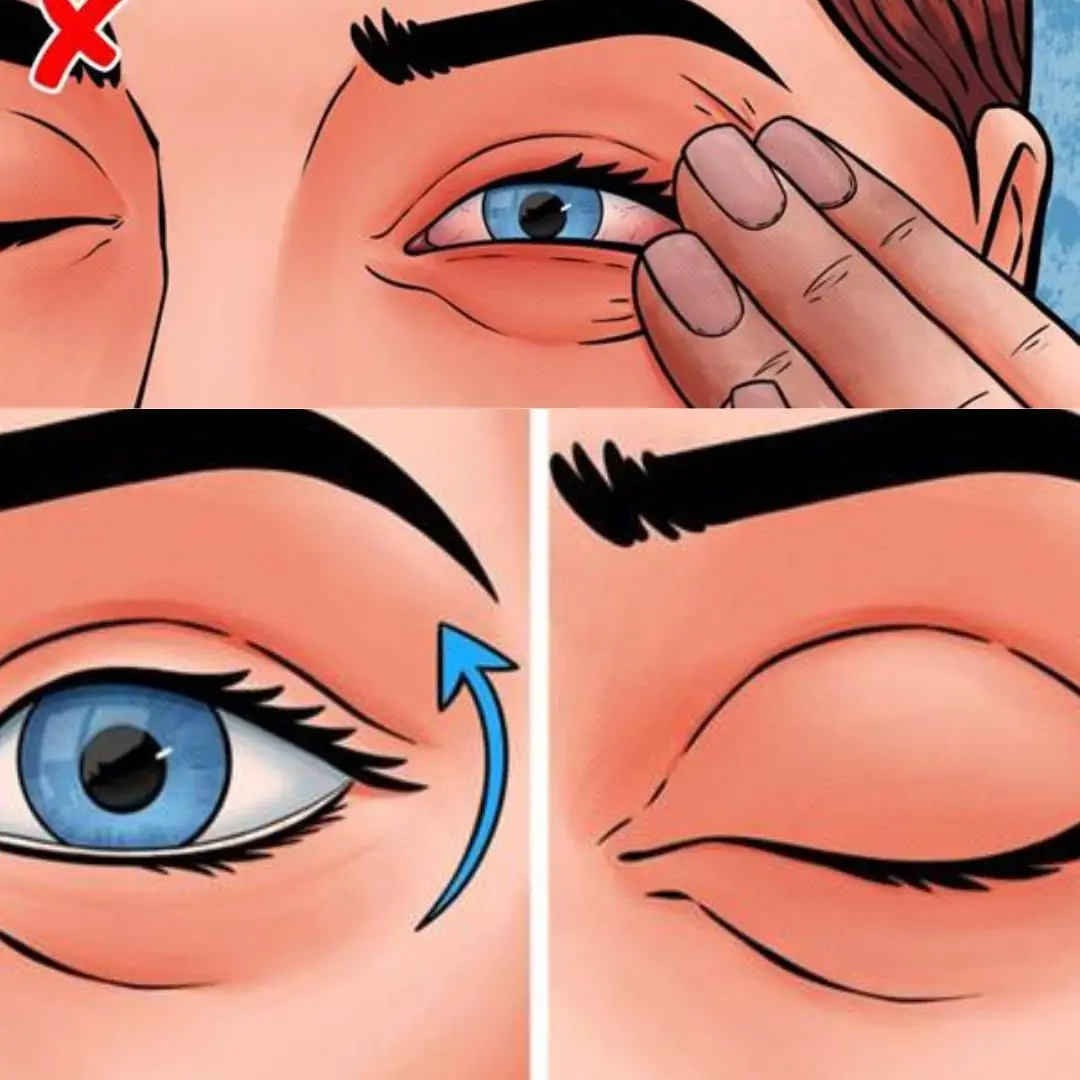
How to remove foreign objects from the eye quickly without causing harm?

Seemingly harmless habits that cause can.cer very quickly: Are you suffering from them?

How long does a person live, just by looking at the lower body? People with long life often have these 3 characteristics
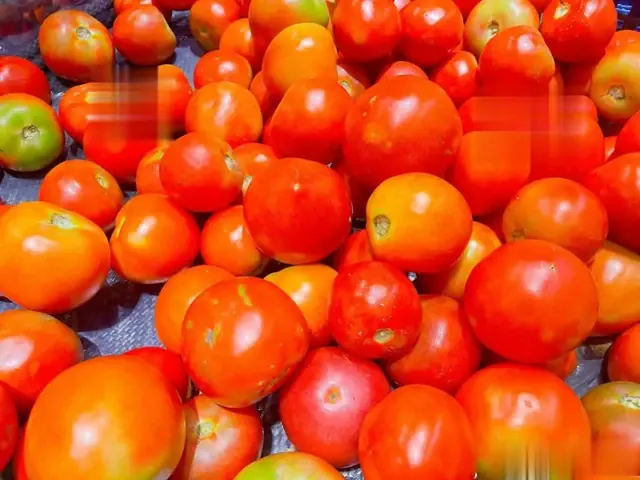
When buying tomatoes, which of these two types of tomatoes should you choose?
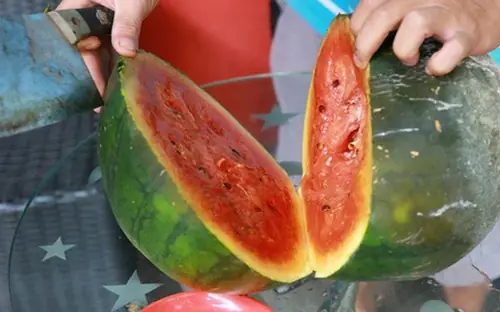
Watermelon is cooling but eating it this way can cause poisoning: Many people don't know

Experts show 4 ways to eat instant noodles without toxicity

Can Guava Leaf Tea Really Cure Diabetes?

Don’t Ignore the Signs

We Thought the Inheritance Was Settled—Until a Second Will Tore Our Family Apart

Even Now, Many People Still Have No Idea What This Tiny Hole Is For

If Your Home Has These 3 Tilted or Misaligned Items, Beware of Sudden Decline in Fortune and Health
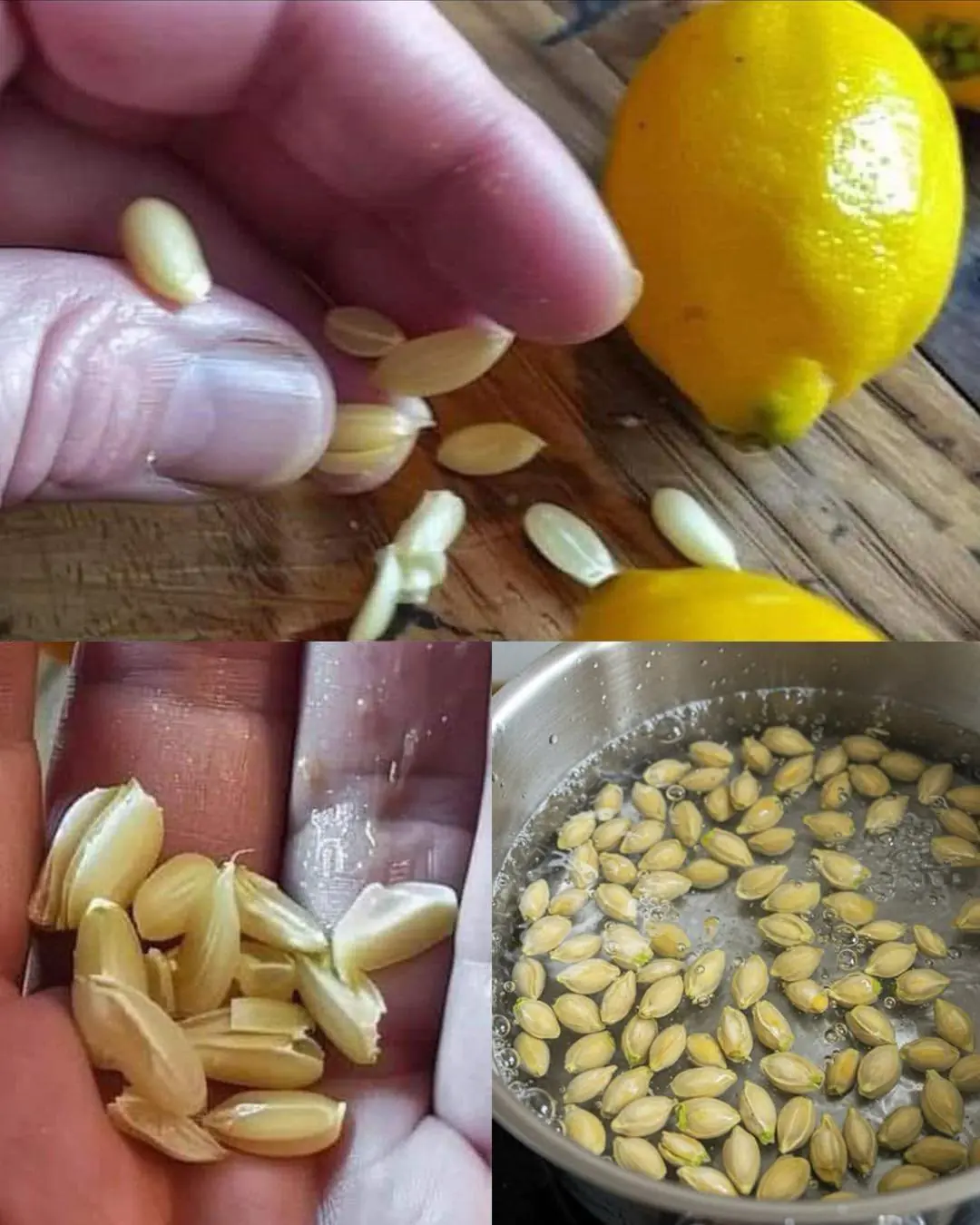
10 Clever Ways to Reuse Lemon Seeds at Home
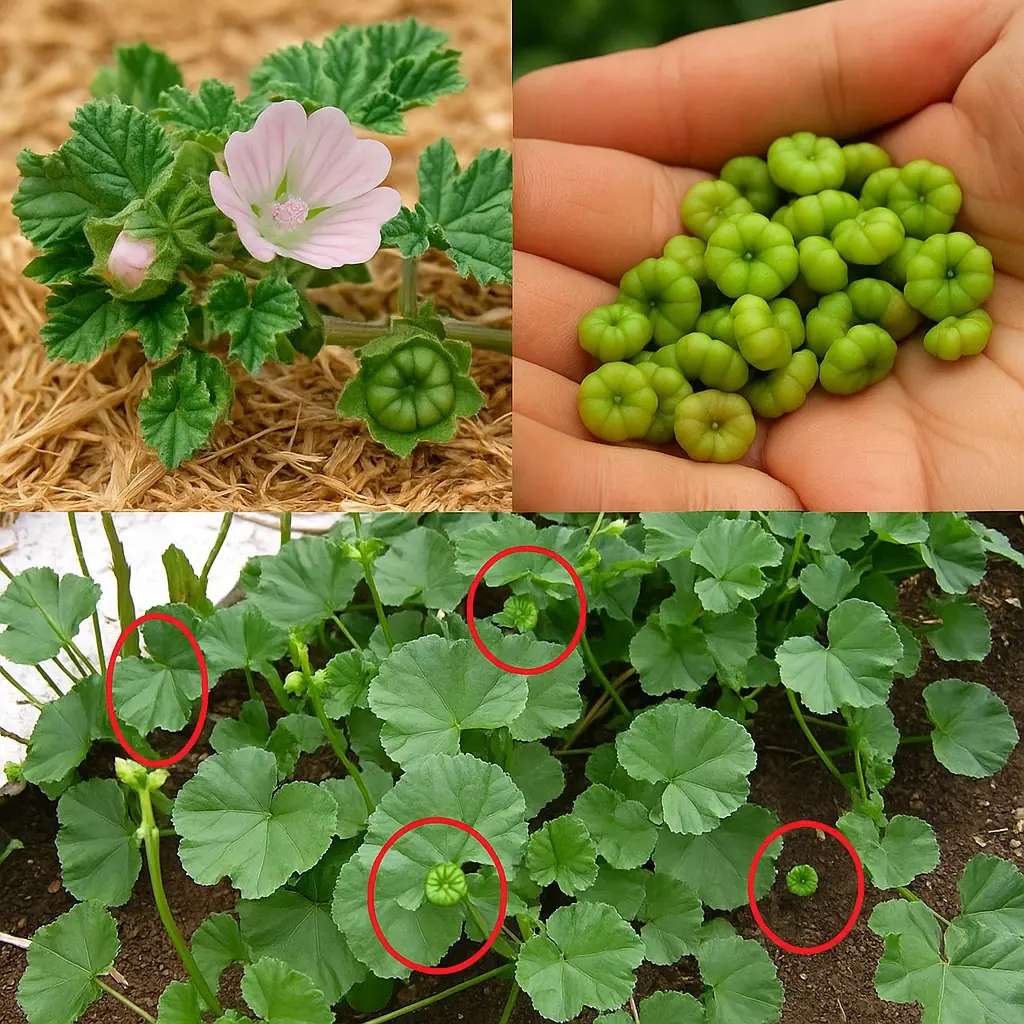
Unlocking the Secret Health Benefits of Common Mallow: Nature’s Wonder Herb for Wellness
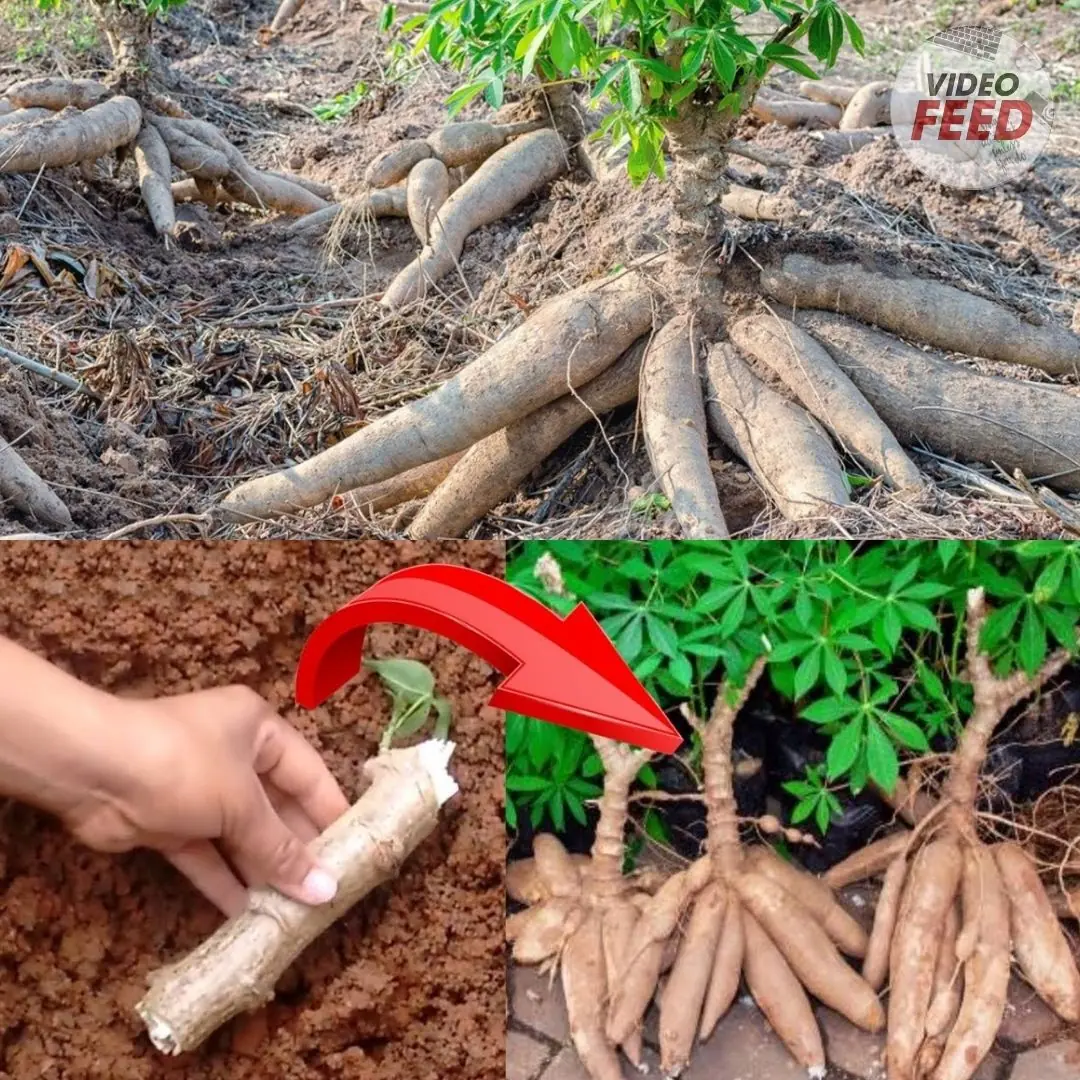
Essential Knowledge for Growing Cassava Successfully

Fatty liver disease: The sign in your feet that means the condition is irreversible

Scientists issue warning for de.a.dly fungus that 'eats you from the inside out' and it could impact millions
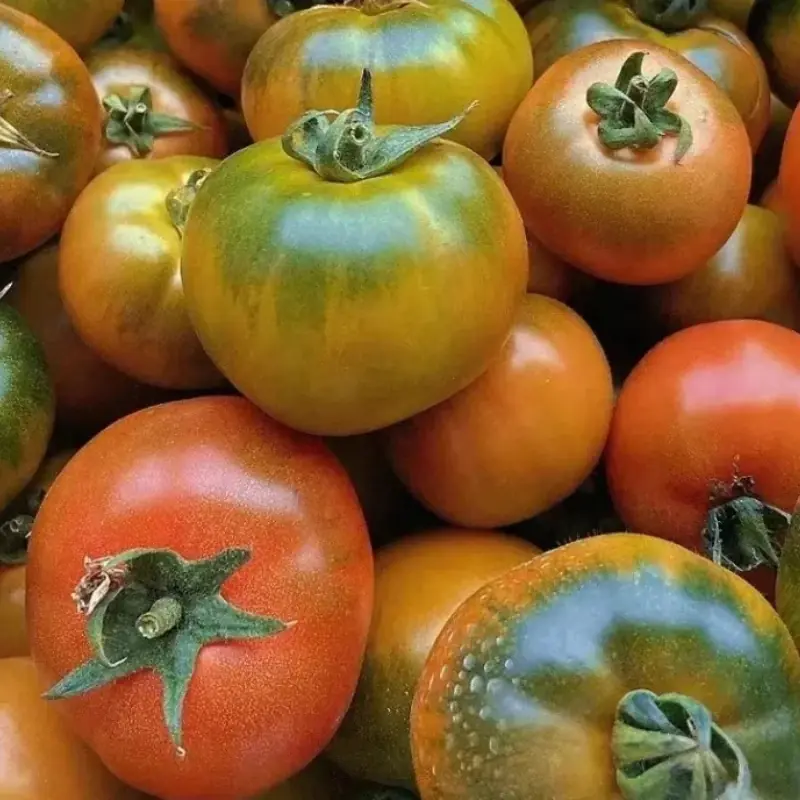
4 ha.rmful types of tomatoes: Even cheap market prices can’t make people buy them
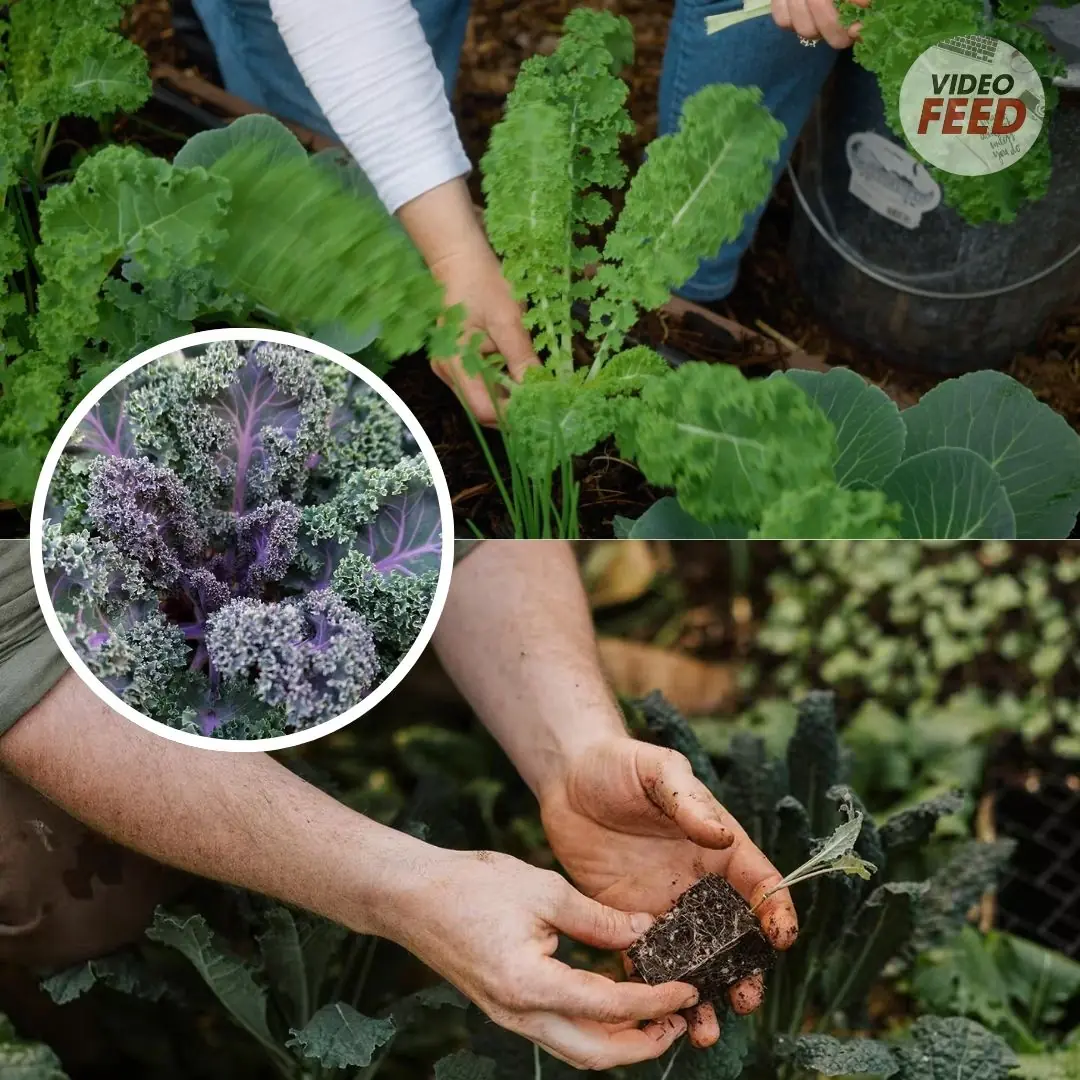
Growing Kale: Planting, Care, and Harvesting Tips
